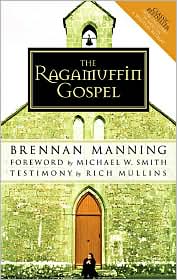Maybe Virtual IS Reality?!
Dutch court rules virtual theft is real
By Jacqueline Carver
22-10-2008
In a precedent-setting trial, a court in the Dutch city of Leeuwarden has ruled that stealing virtual items is theft and sentenced two teenage boys to community service.

The culprits, who cannot be named due to their age, kicked, hit and threatened their classmate with a knife before the 13-year-old gave in and transferred the Runescape items, an amulet and a mask, to his attackers' online accounts.
Cyber goods
The public prosecutor argued, in what has become known as the 'Runescape' case, that virtual items used in the game should be considered as real and tangible goods as they have real, tangible value for the owner. The prosecutor noted that winning, collecting and trading Runescape objects play an important role in the virtual world and can also be sold for money in the real world.
According to the public prosecutor, if these items are valuable to their owner and he has been forced to hand them over to somebody else, it should be considered theft. The lawyer representing the culprits argued that legally, the items do not exist and therefore cannot be considered to have been stolen.
Material object
The court dismissed the defence lawyer's argument and cited an earlier ruling that electricity can be considered a material object for the purposes of criminal law and stealing electricity is theft. The court ruled that the same principle can be applied in this case and stealing virtual Runescape items is theft as the owner was forced to hand over his possessions.




» Post a Comment